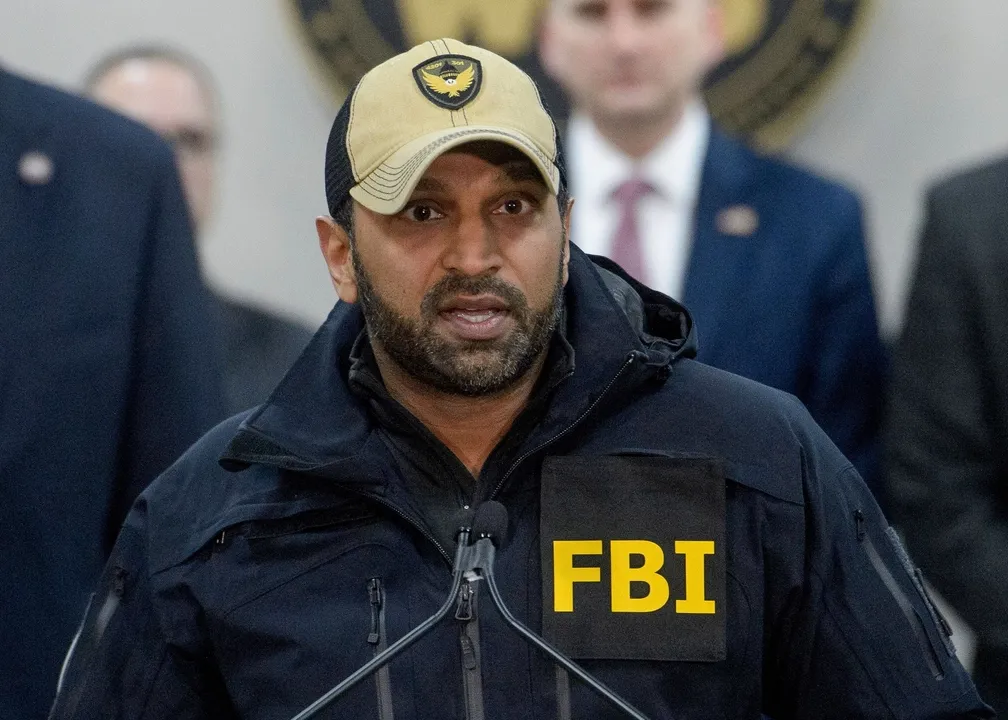As violent crime hits historic lows, critics warn that under Donald Trump’s influence, the FBI is prioritizing political loyalty over national security expertise—raising deep questions about its future.

Crime Falls, Doubt Rises
America’s violent crime rate has dropped to its lowest point in decades. The headlines look promising. But beneath the surface, a different kind of danger is growing—a crisis of public trust in the FBI.
Critics argue that the bureau, under heavy influence from Donald Trump’s political orbit, is being reshaped from within. Its mission? Less about independent law enforcement, more about serving political agendas. The result: an uneasy nation asking whether law and order still means what it used to.
Trump’s Grip on the Bureau
Since his presidency, Trump has targeted the FBI, accusing it of bias, corruption, and “deep state” interference. In return, some high-ranking FBI officials have publicly aligned themselves with Trump-friendly narratives—purging dissenters and promoting loyalists.
While the bureau denies political influence, multiple former agents and intelligence experts say the internal culture has changed. One ex-official described it as a “quiet purge of the old guard.”
The Numbers Don’t Lie—Or Do They?
Statistically, the FBI has delivered results. 2024 saw violent crime drop by over 10%, with record arrests tied to cartel operations, cybercrime, and white-collar corruption.
But transparency is eroding. Case data is released selectively. Whistleblowers face retaliation. Intelligence leaks suggest operations are sometimes shaped to align with far-right talking points.
As one senator put it, “You can have fewer murders and still be corrupt at the top.”
National Security or Political Theatre?
From surveillance overreach to classified documents cases, the FBI has become a lightning rod in the national conversation. Trump loyalists claim the bureau was “weaponized” against conservatives. Progressives, meanwhile, say the FBI is now too deferential to Republican leadership, especially at the state level.
This political tightrope is damaging its role as an impartial security force. In internal memos obtained by journalists, senior agents have raised concerns about the bureau’s “institutional identity being lost.”
The Trust Gap Is Widening
Polls show it clearly: public trust in the FBI has sharply declined, especially among independent voters. Approval among Democrats fell after the 2022 Mar-a-Lago search. Republican trust, once bottomed out, is only rising because of perceived ideological alignment.
The danger here isn’t partisan—it’s structural. A democratic society depends on neutral law enforcement. If Americans believe investigations are driven by politics, not justice, the entire system risks collapse.
Leadership at a Crossroads
Current FBI Director Christopher Wray faces intense pressure—from Congress, from the media, and from within his own ranks. Can he steer the bureau back toward objectivity? Or is the FBI already too embedded in the new, hyper-partisan American landscape?
What’s clear is that this moment is pivotal. The FBI must reinvent its image or risk becoming just another tool in the political arsenal.












Comments are closed.